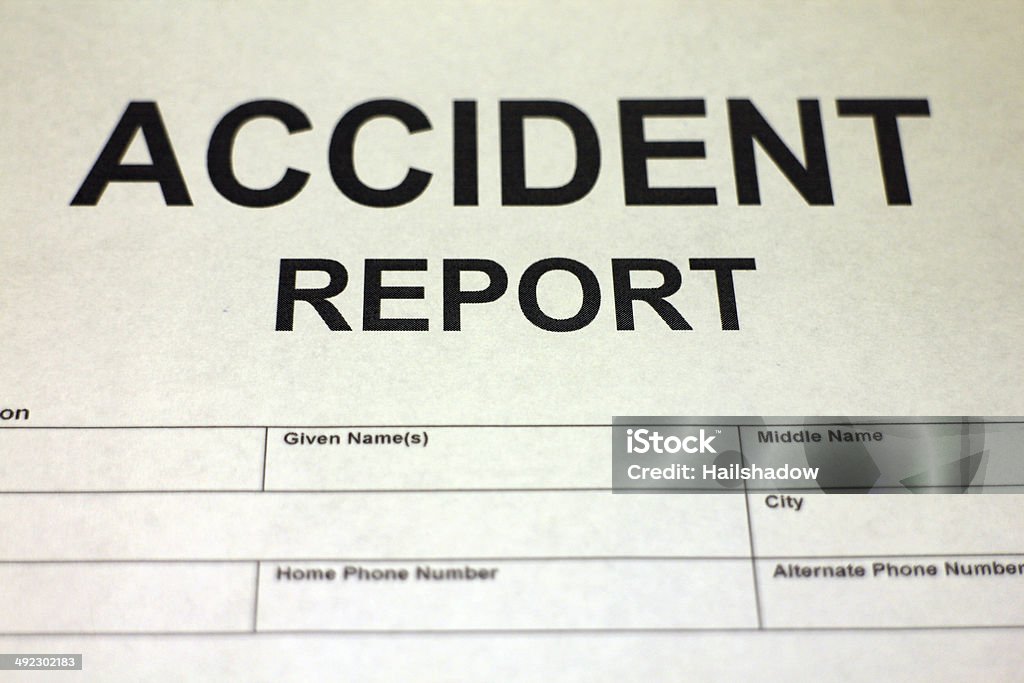Can a Crash Report Affect Your Driving Record in Texas?
If you’ve been in a car accident in Texas, you may be wondering whether the crash report will impact your driving record. It’s a common concern—and the answer depends on several factors.
What Is a Crash Report?
In Texas, when an accident causes injury, death, or more than $1,000 in property damage, law enforcement must file a crash report (form CR-3). This official document details the parties involved, road conditions, possible violations, and the officer’s assessment of fault.
Does a Crash Report Automatically Go on Your Driving Record?
Not always. A crash report itself doesn’t automatically mean you’ll have a black mark on your driving record. However:
-
If you were cited for a traffic violation, that citation can go on your record.
-
If you were found at fault, your insurance company might report it to the Texas Department of Public Safety (DPS), which can indirectly affect your record.
Points and Penalties
Texas uses a point system to track driver behavior. For example:
-
2 points for a moving violation
-
3 points if the violation results in a crash
These points stay on your record for 3 years and can lead to higher insurance premiums or even license suspension if you accumulate too many.
When Will a Crash Affect Your Record?
A crash may affect your record if:
-
You were at fault and issued a citation
-
You were driving under the influence or without insurance
-
The crash involved a serious injury or fatality
On the other hand, if you were not cited or at fault, the crash may not show up on your DPS driving record—although your insurance provider will still be aware of it.
Insurance Impact
Even without points on your record, being involved in a crash can raise your insurance premiums—especially if you were found to be at fault. Some insurers increase rates by as much as 40% after an accident.
Can You Dispute a Crash Report?
Yes. If you believe the report contains errors or falsely indicates fault, you can:
-
Request a correction from the law enforcement agency
-
File a driver’s crash report (Form CR-2)
-
Consult a traffic attorney to help you dispute any citations
What You Can Do to Protect Yourself
-
Drive defensively and obey all traffic laws
-
Avoid distractions (phones, food, etc.)
-
Maintain appropriate insurance coverage
-
Keep a clean driving record whenever possible
Final Thoughts
While not every crash report affects your driving record in Texas, the consequences can still be significant. Understanding how the system works empowers you to make smarter decisions and avoid long-term repercussions.

